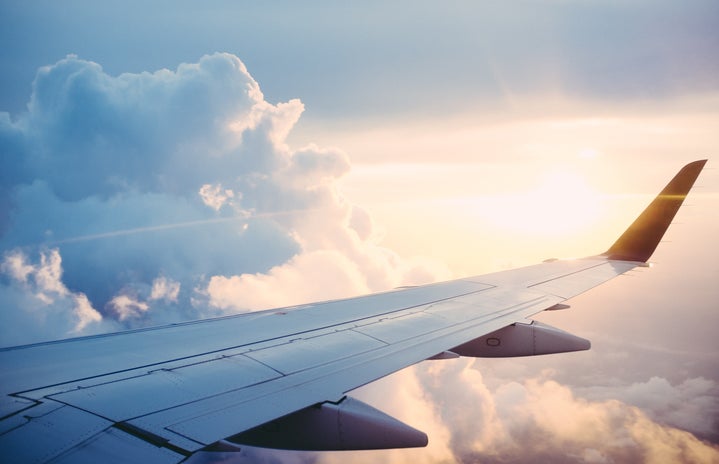Commercial aviation is widely regarded as one of the safest modes of mass transportation, with Boeing standing as the world’s foremost aircraft manufacturer. Countless major carriers, including American Airlines, United Airlines, Delta Airlines, and numerous others rely on Boeing for their fleets. Its main competitor, Airbus, completes the duopoly dominating the industry. Once synonymous with safety, epitomized by its renowned slogan, “If it’s not Boeing, I’m not going,” ironically, Boeing’s reputation has suffered in recent years due to incidents of malfunctions, mechanical failures, and tragic crashes that have cast a shadow over its legacy.
Among the most notorious accidents were the crashes of Boeing 737 MAX planes in 2018 and 2019, resulting in the loss of 346 lives. These tragedies were attributed to flaws in a new semi-autopilot system, leading to uncontrollable nosedives despite pilots’ efforts to regain control. Eerily, on Jan. 5 of this year, a door plug dislodged from a Boeing 737 MAX 9 during an Alaska Airlines flight. There were no casualties, as the passenger expected to occupy the seat next to the exit door had missed their flight.
These events have prompted many to question Boeing’s commitment to safety, particularly in light of the airline industry’s trend toward maximizing passenger capacity at the expense of comfort and safety. Federal regulators like the Federal Aviation Administration (FAA) have come under scrutiny for perceived lapses in oversight.
Critics point to Boeing’s deteriorating quality standards following its merger with McDonnell Douglas in 1997, attributing this decline to a shift in corporate culture towards profit-driven motives. These concerns gained significant traction when former Boeing quality control engineer John Barnett filed a whistleblower lawsuit. Barnett, with three decades of experience as a quality control engineer at Boeing, brought to light alarming evidence, alleging that one in four oxygen masks on 747 Dreamliners could be defective. Additionally, Barnett highlighted subpar parts in Boeing aircraft speeding through the production line, further raising questions about the company’s commitment to quality.
On March 9, Barnett was found dead in his vehicle in a hotel parking lot in South Carolina from an apparent self-inflicted gunshot wound. He was pronounced deceased at the scene. His death occurred one day after he testified in a deposition against Boeing, exposing manufacturing deficiencies he had identified at Boeing’s plant — a facility he once helped inspect. Barnett’s accusations went further, alleging that Boeing fostered a culture prioritizing profits and quantity over safety and quality standards.
The sudden and tragic circumstances surrounding Barnett’s death have ignited widespread suspicion among the public. Many are skeptical of the official narrative of suicide, particularly given the timing of his death, which coincided with his efforts to expose Boeing’s alleged unethical practices in court. Despite Boeing’s issuance of condolences to Barnett’s family, questions persist among the public, prompting speculation about the possibility of his self-inflicted wound actually being a covert corporate assassination.
Whistleblowing and exposing injustice are undeniably lonely and courageous acts. The reasons behind Barnett’s reported decision to take his own life remain unclear. Each individual’s psyche is complex, shaped by a multitude of lived experiences. Nonetheless, as a society, we must recognize the importance of supporting individuals like Barnett, who bravely strive to protect the public.


